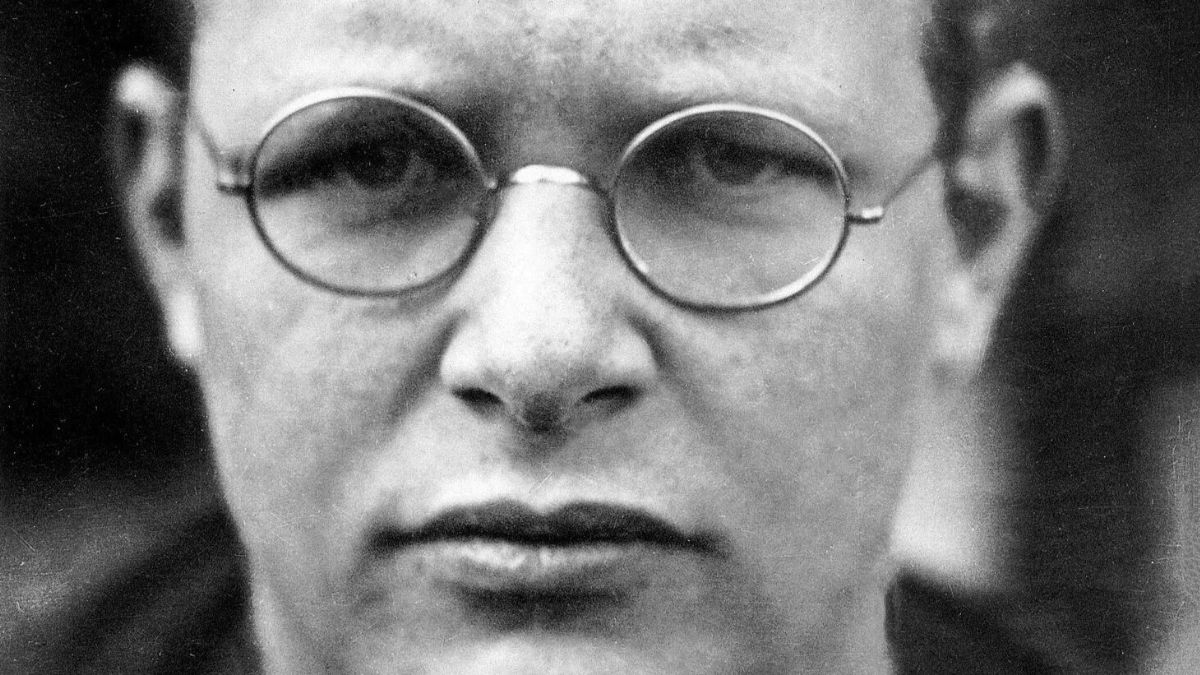

BreakPoint
The Fear of God
This year marks the one hundredth anniversary of Alfred Hitchcock's birth, and his fans are celebrating with birthday parties, film festivals, and sales of macabre memorabilia—such as bars of soap and shower curtains from the Bates Hotel. Sadly, Hitchcock's later films were marked by the kind of blood and guts that are cast in most of today's horror films. But in his heyday, Hitchcock scared countless millions without the use of graphic gore. He did it simply by depicting a realistic and biblical view of evil. Critics still consider many of Hitchcock's films the epitome of cinematic art. A few years ago a restored version of Hitchcock's film Vertigo played before packed movie houses around the world. This was a 41-year-old movie! Why is it that Hitchcock's films continue to grip our imaginations? The answer lies in the worldview that undergirds his movies. Hitchcock didn't consider himself an explicitly Christian filmmaker. But he once acknowledged to the great French director Francois Truffaut that "one's early upbringing influences a man's life and guides his instinct." Hitchcock's own Catholic education developed in him, as he put it, "a strong sense of... moral fear—the fear of being involved in anything evil." This background is evident in Hitchcock's films. As Maria Kuntz writes in Crisis magazine, the archetypal Hitchcockian situation "involves an ordinary man or woman suddenly [thrown into] an out-of-the-ordinary situation." "This disruption," she writes, "is caused by some manifestation of evil: a malevolent person... political agents [or] a sinful past." For example, in a film called I Confess, a man confesses to his priest that he has just murdered a man. Through a bizarre set of circumstances, the priest himself is accused of the crime and must make a fateful decision: Should he break his vows and turn in the killer—or be hanged for the crime himself? In Hitchcock's films, resolution of the plot often requires the hero to overcome some shortcoming or sin. For example, in the film North By Northwest, one of my favorites, Cary Grant plays an irresponsible playboy who, through a case of mistaken identity, is pulled into a Cold War plot involving the sale of state secrets. Grant is given a choice: He can back out and save his own skin, or help both his government and the woman he loves—but at the risk of his own life. These moral dilemmas are what make Hitchcock's films so popular even today. As Kuntz writes, Hitchcock's films "are not theological ruminations about the nature of evil, but a presentation of its horrific consequences." Hitchcock's films remind us of the power of art to communicate a fundamentally Christian worldview. This weekend, why not rent a couple of Hitchcock films and watch them with your family or some unsaved friends. Make sure you rent one of Hitchcock's earlier movies—not one of the later ones that rely more on graphic violence for thrills than on moral dilemmas. After watching the films, discuss the portrayal of real good and real evil. It's a wonderful way to point people to the only solution to evil: the cross of Jesus Christ.
10/8/99















